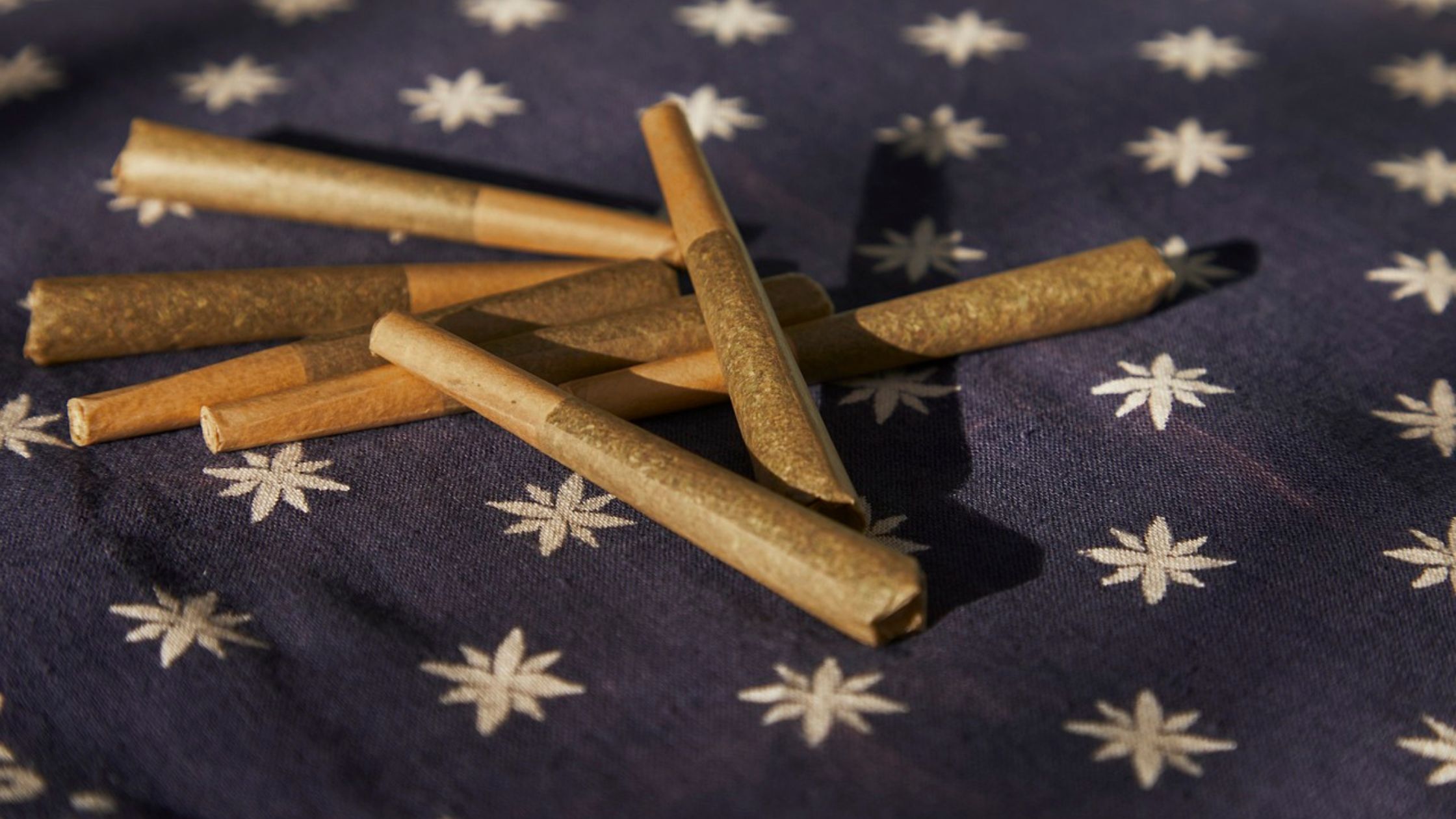Understanding THCA and THC
The cannabis world can be a bit confusing, especially with all the different compounds floating around. One common question is: Does smoking THCA convert it to THC? To answer this, let’s dive into the basics of THCA and THC, explore the chemistry involved, and clarify how smoking affects these cannabinoids.
What is THCA?
THCA, or tetrahydrocannabinolic acid, is a non-psychoactive compound found in raw cannabis plants. In its natural form, THCA does not produce the euphoric high that many people associate with cannabis use. Instead, it offers various potential health benefits, such as anti-inflammatory properties and neuroprotective effects. This makes THCA an appealing option for those looking to harness the therapeutic effects of cannabis without the intoxicating side effects.
What is THC?
THC, or tetrahydrocannabinol, is the most well-known psychoactive compound in cannabis. It’s what produces the characteristic high that users often seek. THC interacts with the body’s endocannabinoid system by binding to CB1 receptors in the brain, altering mood, perception, and cognitive function. Understanding the differences between these two compounds is crucial for answering the question of whether smoking THCA affects its conversion to THC.
The Chemistry Behind Decarboxylation
What is Decarboxylation?
Decarboxylation is a chemical reaction that removes a carboxyl group from a molecule. For THCA, this process involves the loss of a carbon dioxide (CO2) molecule, transforming it into THC. Decarboxylation typically occurs when cannabis is heated, whether by smoking, vaporizing, or cooking.
The Role of Heat in Converting THCA to THC
Heat is essential for converting THCA to THC. When cannabis is exposed to high temperatures, the THCA undergoes decarboxylation, resulting in the formation of THC. This transformation is vital for anyone looking to experience the psychoactive effects of cannabis, as THCA alone does not provide that experience.
How Smoking Affects THCA
Now that we understand the chemistry, let’s explore how smoking specifically impacts THCA.
The Process of Smoking Cannabis
When you smoke cannabis, the flower is exposed to high temperatures that cause it to combust. This combustion releases heat, which can reach temperatures between 400°F to 600°F (about 200°C to 315°C). At these temperatures, THCA is quickly converted to THC.
What Happens to THCA When Smoked?
When you light up and inhale, the heat from the burning plant matter activates the decarboxylation process, converting THCA into THC almost instantaneously. This means that while you’re smoking THCA-rich cannabis, you’re primarily inhaling THC, which leads to the psychoactive effects associated with marijuana use.
Differences Between Smoking and Other Methods
While smoking is a popular method for consuming cannabis, it’s not the only way. Let’s compare smoking with other consumption methods.
Vaping THCA vs. Smoking
Vaping is often touted as a healthier alternative to smoking because it heats cannabis at lower temperatures, vaporizing the cannabinoids without combustion. Like smoking, vaping can also convert THCA to THC through decarboxylation. However, some argue that vaping may preserve more of the plant’s terpenes and flavors, offering a different experience.
Cooking THCA: Does It Convert?
Cooking cannabis can also lead to the conversion of THCA to THC. When you bake with cannabis at high temperatures, THCA undergoes decarboxylation, just as it would when smoking. The key is to ensure that the cooking method involves sufficient heat to activate this process, often achieved in recipes that involve baking or simmering.
Effects of THC After Conversion
Once THCA is converted to THC, it produces several effects on the body.
Psychoactive Properties of THC
THC is well-known for its psychoactive effects, including euphoria, relaxation, altered senses, and increased appetite. These effects make THC a popular choice for recreational use, but they also have therapeutic applications for conditions such as chronic pain, anxiety, and insomnia.
Therapeutic Benefits of THC
In addition to its psychoactive properties, THC has demonstrated potential benefits in medical settings. Research has shown that THC can help alleviate pain, reduce nausea, and stimulate appetite, making it particularly useful for patients undergoing treatments like chemotherapy.
User Experiences: THCA vs. THC
Anecdotal evidence and user experiences can provide valuable insights into the effects of THCA and THC.
THCA Users’ Perspectives
Many users who consume THCA report benefits such as reduced inflammation and improved overall well-being without the high. This makes THCA appealing for those looking for relief without psychoactive effects. Users often appreciate that they can stay focused and productive while still reaping the therapeutic benefits.
Delta-9 THC Users’ Experiences
In contrast, those who consume THC often seek the euphoric effects. Users frequently describe feelings of happiness, relaxation, and creativity. However, it’s worth noting that some users may experience anxiety or paranoia, particularly at high doses.
Legal Considerations
When considering the use of THCA or THC, it’s essential to understand the legal landscape.
The Legal Status of THCA
THCA derived from hemp (containing less than 0.3% THC) is generally legal in many areas, particularly following the 2018 Farm Bill in the United States. However, users should verify local regulations to ensure compliance.
The Legal Status of Delta-9 THC
Delta-9 THC’s legal status can vary widely by state or country. Many jurisdictions have legalized it for medicinal or recreational use, but others maintain strict prohibitions. Always check your local laws before using cannabis products.
Conclusion
So, does smoking THCA convert it to THC? Yes, when THCA is smoked, the heat triggers decarboxylation, transforming it into THC and producing psychoactive effects. While THCA has its own potential health benefits without the high, the act of smoking or heating it will lead to the effects associated with THC. Understanding these processes can help you make informed choices about your cannabis consumption and find the right method for your needs.
Frequently Asked Questions
Can I get high from THCA?
No, THCA itself is non-psychoactive, but it converts to THC when heated, leading to a high.
What is the best way to consume THCA?
THCA can be consumed raw (e.g., in smoothies) to enjoy its benefits without the psychoactive effects.
Does vaping THCA produce a high?
Yes, vaping THCA will convert it to THC, resulting in psychoactive effects similar to smoking.
How long does THC stay in the system after smoking THCA?
THC can be detected in the body for days to weeks, depending on various factors like frequency of use and metabolism.
Is THCA legal?
THCA derived from hemp is generally legal, but it’s essential to check local regulations to ensure compliance.

